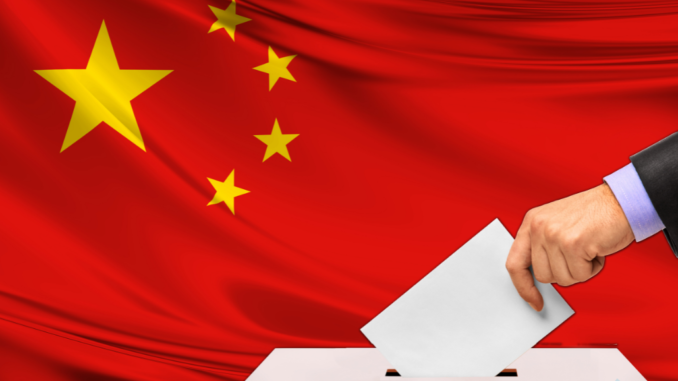
It has long been observed that many autocracies run national elections, and several theories have been proposed to explain this regularity. The main thrust of these theories is that elections cement the regime’s grip on power by helping to share spoils within the elite or to signal the mobilization capacity of the regime. Less attention has been paid to the fact that several autocracies have introduced elections at the local level, such as Indonesia under Suharto (1968-1998), Pakistan under Zia (1977-88), China in the late 1980s and early 1990s, Saudi Arabia in 2005, Vietnam in 1998 and Yemen in 2001. The functions of these locally elected bodies are typically managerial or administrative, with little political consequence. Hence existing theories that explain the presence of elections at the elite level do not provide a good framework for understanding the presence of local elections.
A recent publication in the American Economic Review by Monica Martinez-Bravo, Gerard Padró I Miquel, Nancy Qian, and Yang Yao tries to address this gap in the literature and provide a theory and empirical evidence on the conditions under which an autocratic regime would allow local elections. A small number of studies in political science suggest that local elections may be useful to an autocrat as they can improve the monitoring and selection of government officials. The authors propose a simple informational theory to explain why autocratic regimes introduce local elections. Because citizens have better information on local officials than the distant central government, delegation of authority via local elections improves selection and performance of local officials. However, local officials under elections have no incentive to implement unpopular centrally mandated policies.
The model makes several predictions:
- Elections pose a trade-off between performance and vertical control;
- Elections improve the selection of officials; and
- An increase in bureaucratic capacity reduces the desirability of elections for the autocrat.
To test predictions 1 and 2, the authors collected a large village-level panel dataset from rural China. Consistent with the model, we find that elections improve (weaken) the implementation of popular (unpopular) policies, and improve official selection. The authors provide a large body of qualitative and descriptive evidence to support prediction 3. In doing so, they shed light on why the Chinese government has systematically undermined village governments twenty years after they were introduced.
Martinez-Bravo, Monica, Gerard Padró i Miquel, Nancy Qian, and Yang Yao. 2022. “The Rise and Fall of Local Elections in China.” American Economic Review, 112 (9): 2921-58. DOI: 10.1257/aer.20181249
Read the full working paper for free on the National Bureau of Economic Research website.



